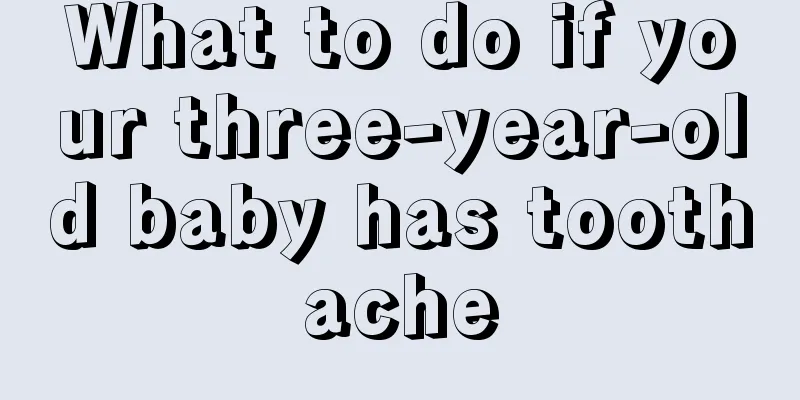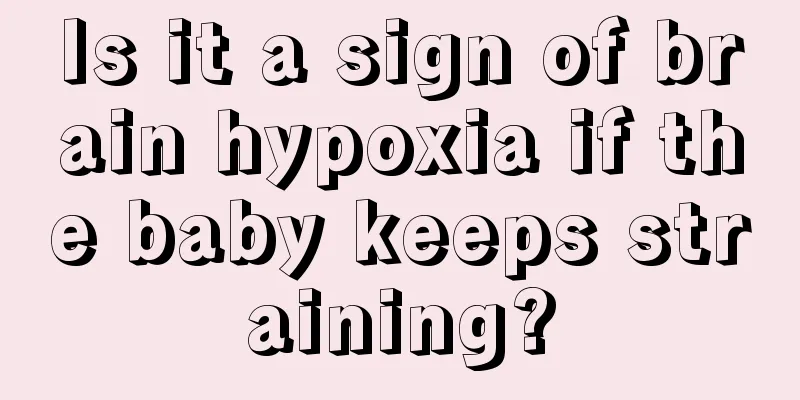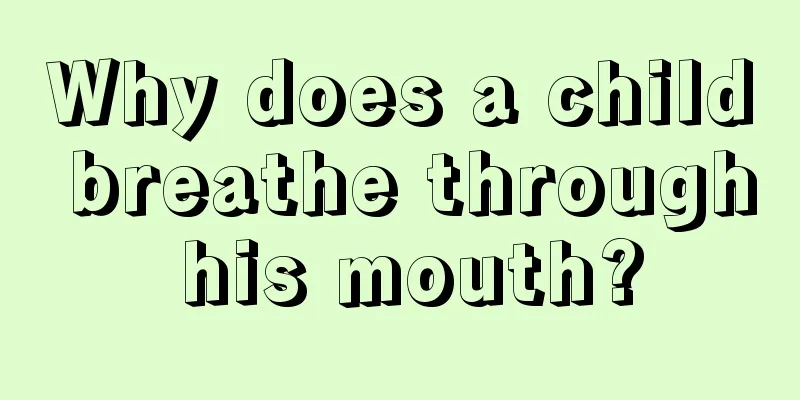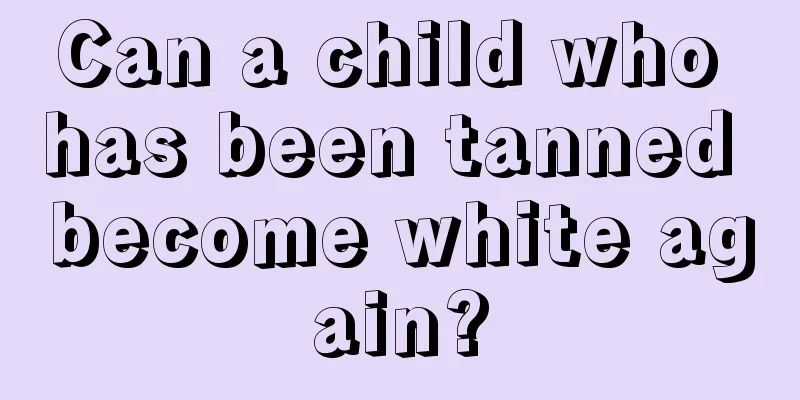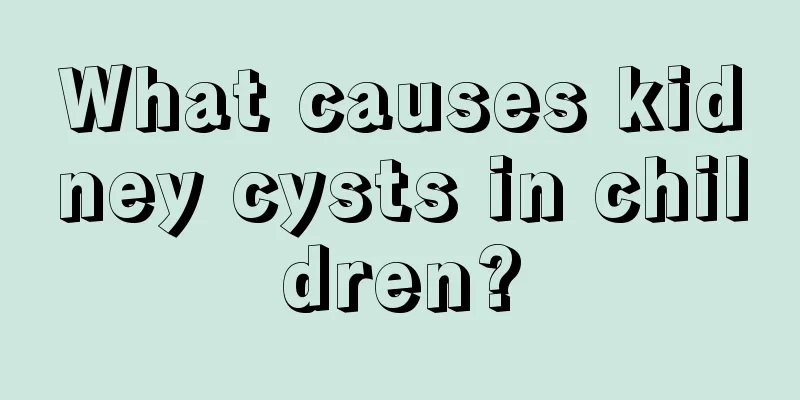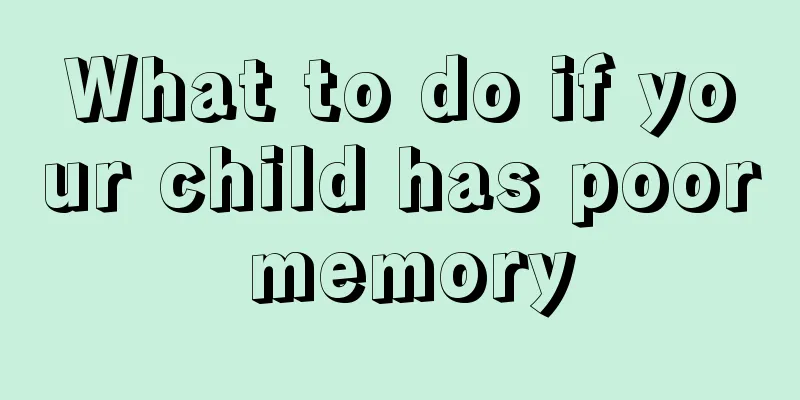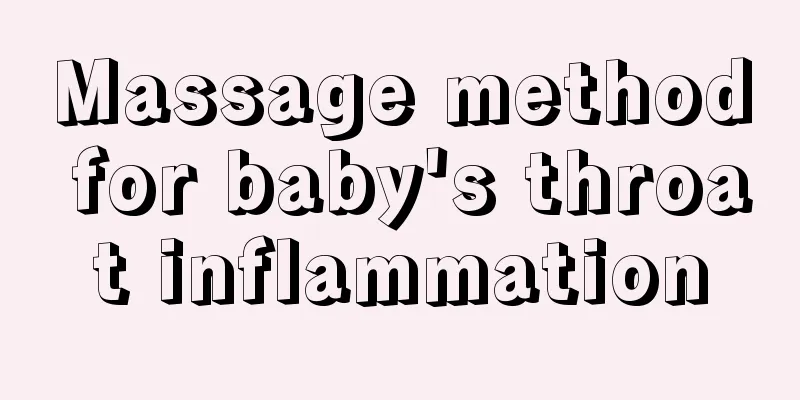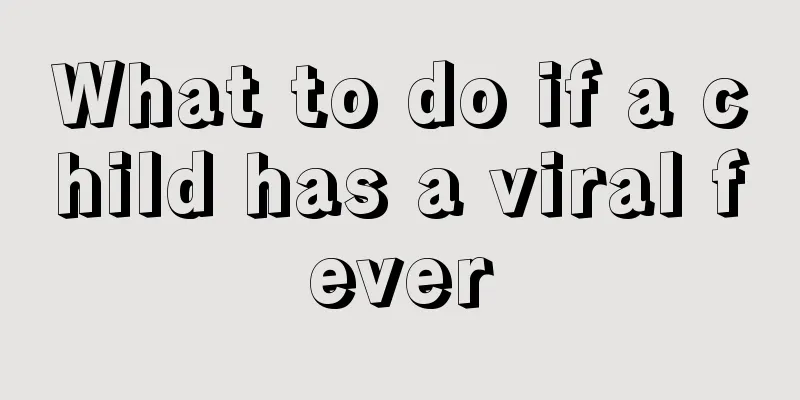What should I do if a 13-year-old boy has acne on his face?
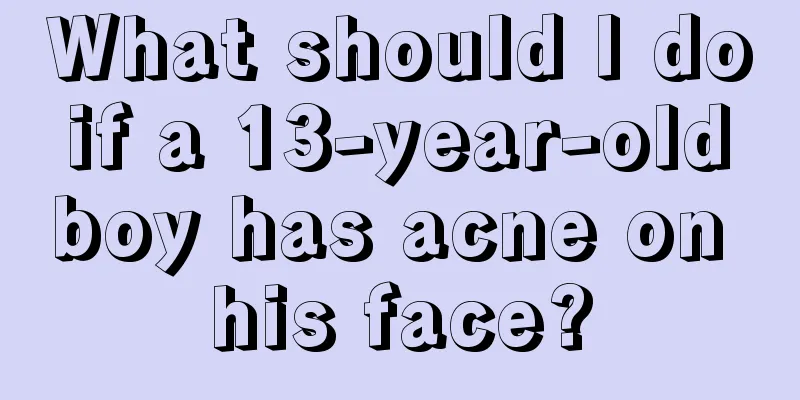
|
Acne is a phenomenon that people are very familiar with. Acne generally tends to grow in large numbers around puberty. This is because the hormone secretion in adolescents is unstable, which causes toxins in the body to be unable to be excreted in time and forms acne on the skin. This phenomenon will last for several years, but it can also be treated in advance. Let’s take a look at what to do if a 13-year-old boy has acne on his face? Acne is a chronic inflammatory skin disease of the pilosebaceous unit that mainly occurs in adolescents and has a great psychological and social impact on them, but it often subsides or heals naturally after puberty. The clinical manifestations are characterized by polymorphic skin lesions such as acne, papules, pustules, nodules, etc. that are prone to occur on the face. (1) Topical medications: Retinoic acid (retinoic acid cream, adapalene gel, tazarotene gel), benzoyl peroxide, antibiotics (clindamycin, erythromycin, chloramphenicol, etc.), azelaic acid, sulfur lotion, etc. (2) The first choice of oral antibiotics is tetracycline (minocycline, doxycycline, etc.), followed by macrolides (erythromycin). Avoid antibiotics commonly used to treat systemic infections such as levofloxacin. The course of antibiotics is usually 6 to 12 weeks. (3) Oral isotretinoin For severe acne, oral isotretinoin is the standard treatment and currently the most effective method for treating acne. The treatment course aims to achieve a minimum cumulative dose of 60 mg/kg. (4) Anti-androgen therapy, such as the oral contraceptive cyproterone acetate combined tablets, is suitable for female patients with moderate to severe acne accompanied by symptoms of excessive androgen levels (such as hirsutism, seborrhea, etc.) or polycystic ovary syndrome. Female patients with delayed-onset acne and acne that is significantly aggravated before menstruation may also consider using oral contraceptives. (5) Oral glucocorticoids are mainly used for fulminant or aggregated acne, following the principles of short-term, low-dose, and combined with other methods. (6) For patients who cannot tolerate or are unwilling to receive drug treatment, physical therapy such as photodynamic therapy (PDT), fruit acid therapy, laser therapy, etc. can also be considered. |
<<: What to do if children have supernumerary teeth?
>>: How to treat baby's mouth blister rash
Recommend
How to grow taller quickly for children
Children are the treasures of every parent, and i...
Precautions for Qingfei Huatan Granules for Children
We have all heard of Children's Lung Clearing...
Butyric Acid Cream for Babies
Eczema is a skin disease that infants and young c...
How to treat children’s phobia?
In fact, everyone has a timid side. Even a big ma...
At what age should a child be weaned?
For mothers, as their children grow up, the vario...
Will children mature early if they drink honey?
It has always been believed that children drinkin...
What should children eat if they are nearsighted?
Eyes are the windows to our soul, so we must neve...
Why does a child have a stomachache when running?
Many children will experience a situation where t...
What causes bad breath in a three-year-old child?
In life, some parents find that their babies also...
What should I do if my child has conjunctivitis? These methods solve
Normally, conjunctivitis, an eye disease, will no...
What should I do if my child doesn’t grow hair?
Children are our future, so their growth affects ...
Symptoms of indigestion in newborns
We all know that the digestive ability of newborn...
How to deal with baby's skin suppuration
Most babies are very naughty. Parents must pay at...
What are the recipes for cooking for babies?
With the improvement of material life, some paren...
What causes children to be irritable?
Not all babies are well-behaved. When babies reac...
